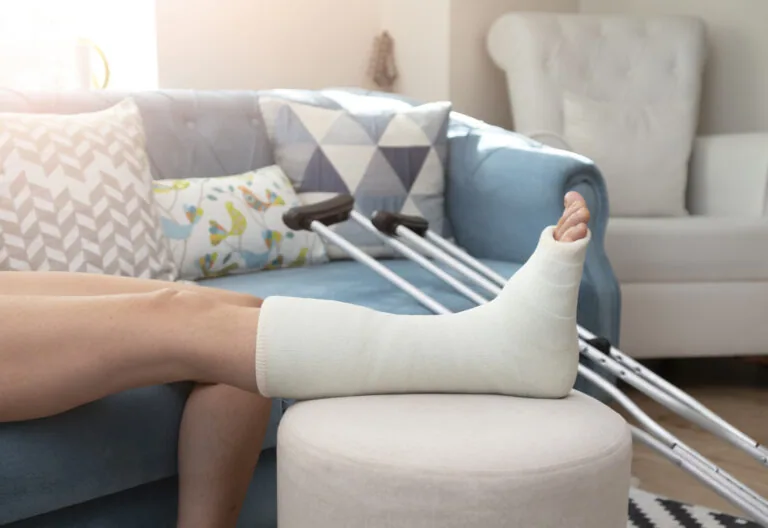If a personal injury is caused by an unsafe or defective condition on someone’s property, it is possible to recover damages by pursuing a premises liability lawsuit. As with other injury claims, it is necessary to prove that the property owner was negligent by failing to use reasonable care in connection with the ownership and maintenance of the property. Because establishing an owner’s liability can be complicated, it is essential for injury victims to have proper legal representation.
Types of Premises Liability Cases
Premises liability lawsuits can arise from a wide range of circumstances, including, but not limited to:
- Slip, trip and falls
- Inadequate property maintenance
- Dog bites
- Swimming pool accidents
- Playground accidents
- Negligent security
The fact that a person is injured on another’s property, or that the property may have been in an unsafe condition, does not mean that the property owner was negligent. In order to have a valid claim, it is necessary to show that the property owner knew, or should have known, about the hazardous condition, negligently failed to correct it, and that the hazard caused the injury.
The Property Owner’s Duty of Care
A key factor in premises liability cases is the property owner’s duty of care, which varies state by state. In many states, property owners are required to exercise reasonable care in the ownership and maintenance of the property regarding all persons who might enter onto the property.
In North Carolina, however, the property owner’s duty depends on the status of the visitors, based on one of two categories:
- Lawful Visitors – Individuals who enter another’s property with permission from the landowner. Permission can be expressed, like a direct invitation, or implied, like a good neighbor walking up to your front door.
- Trespassers – Individuals who are not authorized to be on the property may not be owed a duty of care under most circumstances. If the trespasser was a child, however, the property owner owes a duty to exercise reasonable care to avoid a foreseeable risk of injury due to conditions on the property, such as a swimming pool.
Examples of Premises Liability Cases
One of the most common premises liability claims is referred to as a “slip, trip or fall.” These claims can arise when a visitor falls on a broken step, slips on a wet floor, trips on a ripped carpet, slips on snow or ice on a walkway, or trips over a raised or broken sidewalk or other defect. If the accident occurs on private property, a claim will usually be filed with the property owner’s insurance company. In the case of public property, a notice of claim may need to be filed with the government agency responsible for maintaining the property before a lawsuit can be filed. There are strict deadlines and procedural rules related to these claims.
Another type of claim in North Carolina is negligent security which can be brought against owners of buildings such as hotels, motels and apartment complexes. In short, building owners may be required to take measures to secure the property if it is foreseeable that crime will occur. A property owner who fails to take protective measures against foreseeable crimes can be held liable if an occupant or visitor is assaulted or murdered by someone on the premises.
Ultimately, the rules governing premises liability are complicated and vary, even within North Carolina, depending on the circumstances. If you were injured because of an unsafe condition on another person’s property, an experienced personal injury attorney can help you obtain the compensation you deserve.
